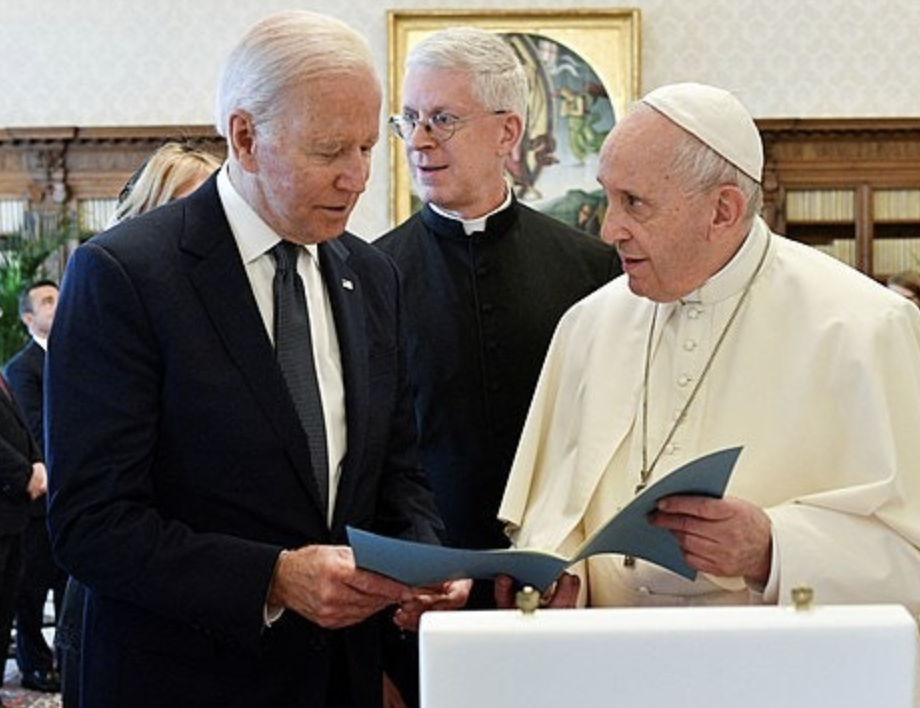It's hard to do justice to ancient holy days in throw-pillow slogans.
Consider the Zazzle item offering a menorah with an un-orthodox number of candles, along with: "Imagine if your cellphone was at 10% but lasted 8 days. Now you understand Hanukkah."
Maybe not. Or how about the Bed, Bath & Beyond pillow stating: "Why is this night different from all other nights? Happy Hanukkah."
Actually, that's the most famous question from rites during a Passover Seder dinner.
"There's no quality control with any of this stuff. No one's being careful with decisions about what's good and what's bad," said journalist Mira Fox of the Forward, a progressive Jewish website. "The point is to sell stuff. It doesn't need to be good stuff. It's just stuff.
"Basically, it's a lot of people saying, 'We can find a way to sell stuff to Jews during the holidays, along with selling lots of stuff to everybody else.' "
Hanukkah began rather early this year, starting at sundown this past Sunday (November 28) and extending for eight days. This placed the "Festival of Lights" closer to Thanksgiving -- near the start of the merchandizing frenzy known as The Holidays.
The story at the heart of this home-centered season dates to 165 B.C., when Jews, led by the Maccabee family, defeated Greek and Syrian oppressors. When the victors reentered their temple, only one container of ritually pure oil could be found for its eternal flame. Tradition says this one-day supply burned for eight days. Thus, Jews light menorah candles during Hanukkah, one on the first night, increasing to eight.
"It's not a biblical holiday. Hanukkah is not in the Hebrew Bible. … God is not a huge part of this story," said Fox. "Honestly, I don't think a lot of people understand what this holiday is about."
That's certainly true in the American marketplace.










